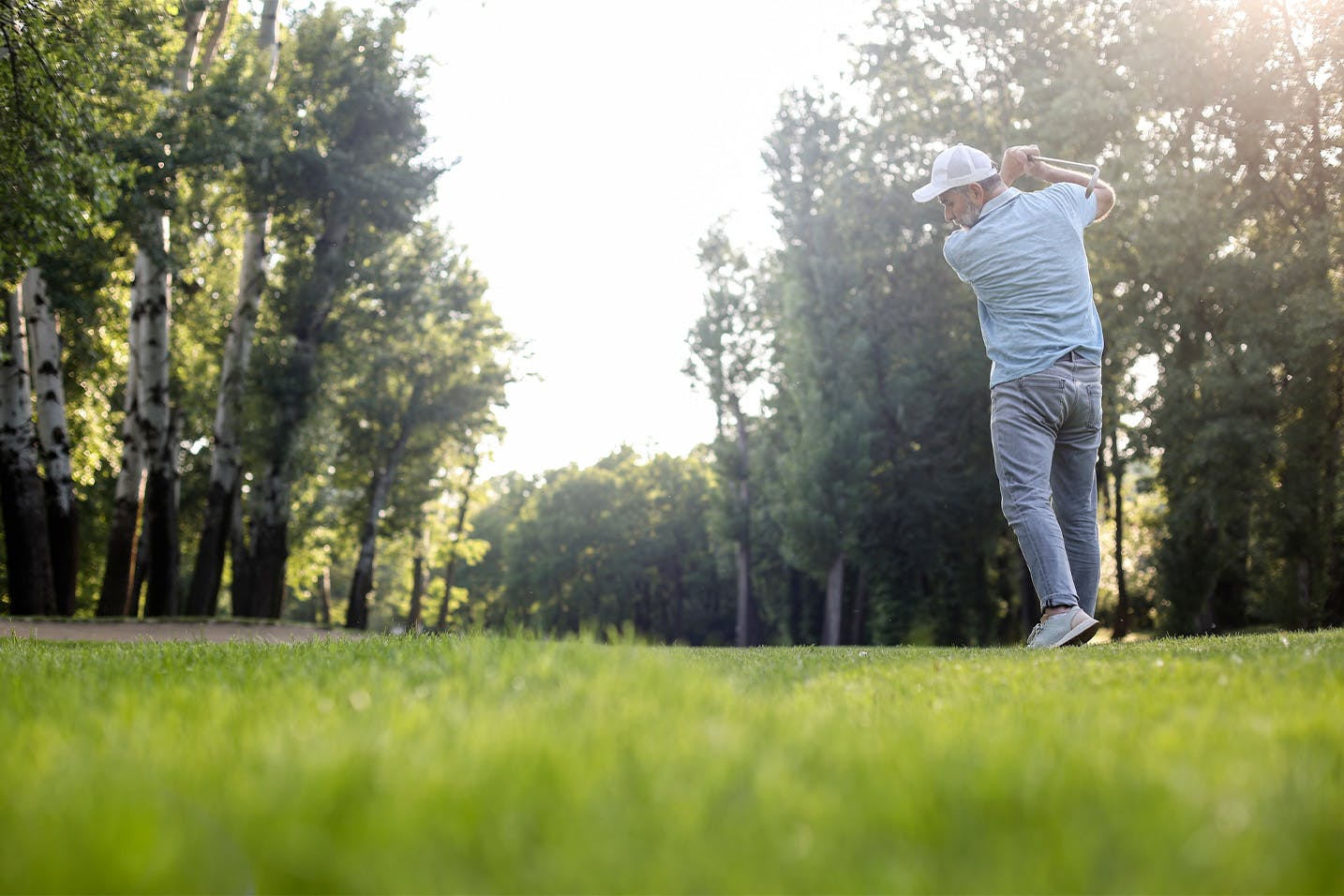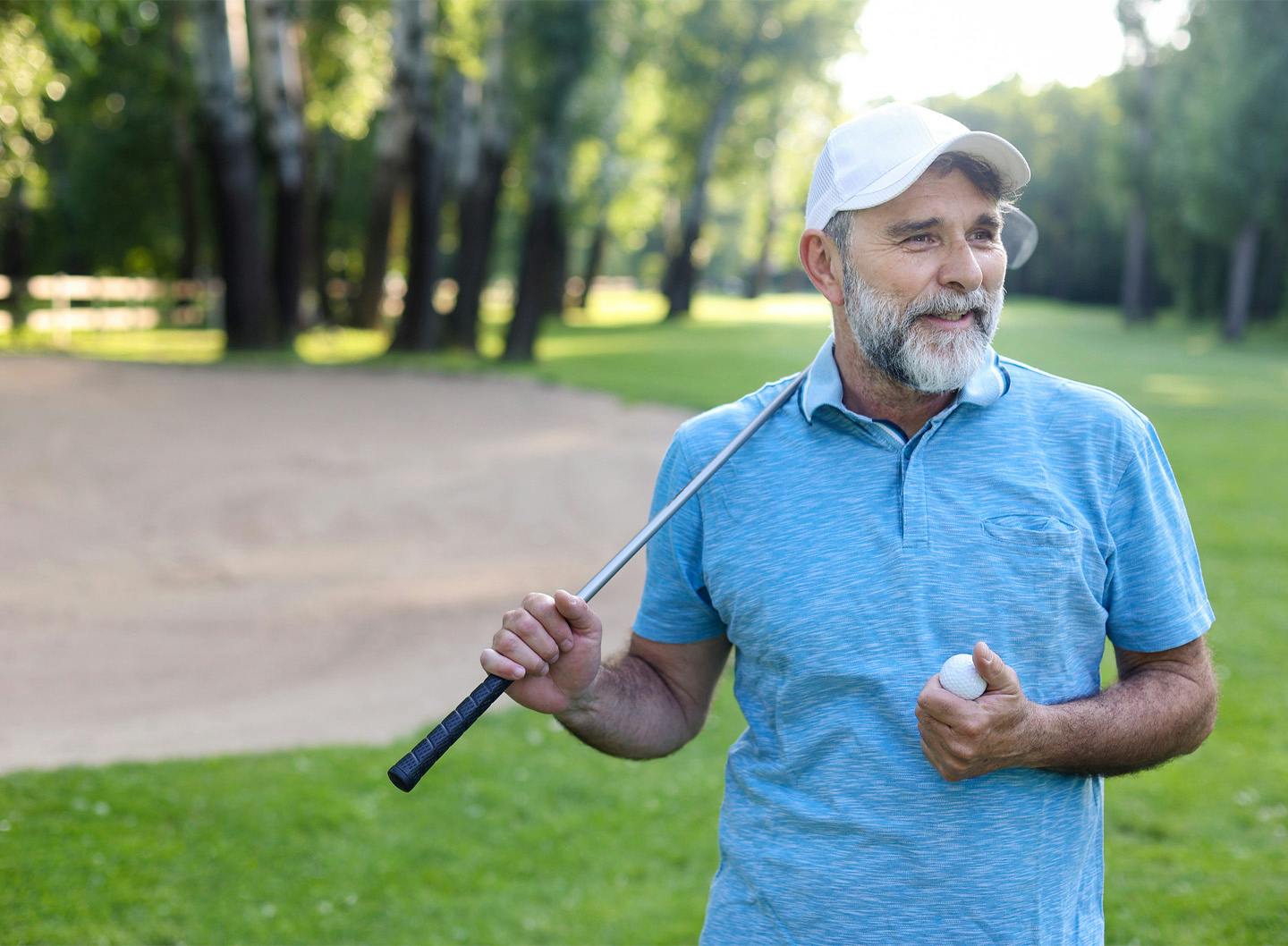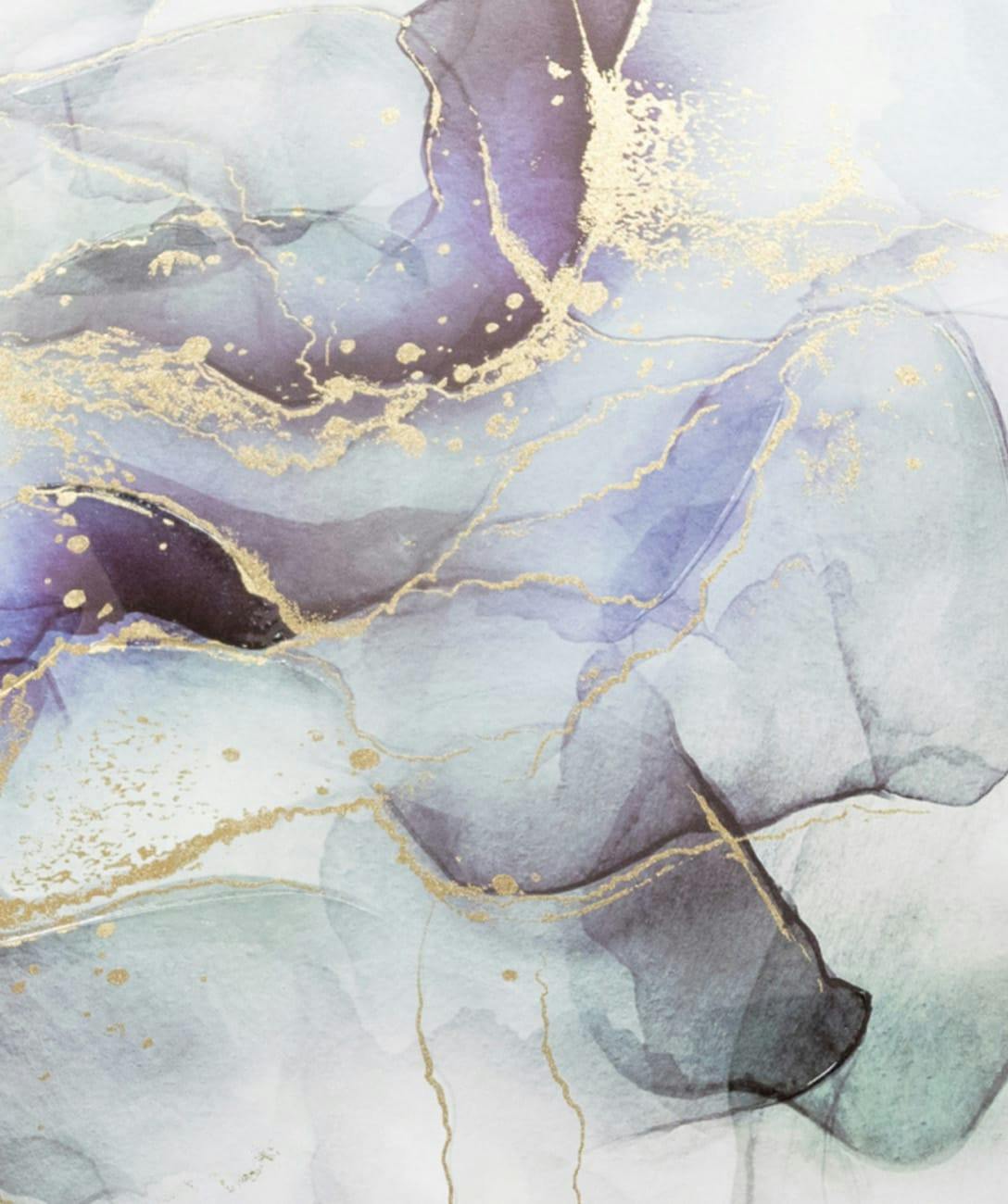The most technologically advanced and immersive robotic bronchoscopy experience to improve precision and efficiency in diagnosing lung nodules.
What is robotic-assisted bronchoscopy (RAB)?
RAB is a newer more advanced bronchoscopy procedure performed in patients who have a lung nodule or a lung mass that needs a biopsy to find out if it is benign or cancerous. Our experienced team of pulmonologists use specialized software to digitally identify targets using images from a CT scan and then guide an ultra-thin and ultra-maneuverable bronchoscope (a flexible tube with a camera) to the target almost anywhere in the lungs with extreme precision using a hand controller. A variety of small, flexible tools can then be inserted through the bronchoscope. Our physicians are able to image and biopsy lymph nodes and nodules using transbronchial needle aspiration (TBNA) or transbronchial forceps biopsy that would be otherwise difficult to reach with a traditional diagnostic bronchoscope.








